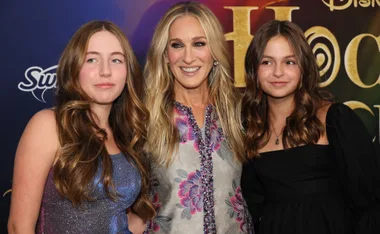Following the international furore around womens’ safety from gendered violence and sexual assaults, misogyny will now be recorded as a hate crime in England and Wales. The news comes from an announcement by the Home Office and was achieved after campaigning from organisations and pressure from politicians for tougher legislation to protect women.
The tragic death of London woman Sarah Everard has become something of a cipher for the fear and vulnerability that all women face, regardless of the precautions that we put up when we move through the world. Many have noted the optics of a young, white, able-bodied person igniting international outcry again when many marginalised folks suffer the same awful violence. Regardless, the moment has been galvanising.
The change means that England and Wales will now be required to record all crimes that are judged to motivated by “hostility based on” gender. That runs the gamut from sexual violence, domestic violence, stalking, murder and harassment. Unfortunately, the frequency of women enduring such crimes has been proven to be near-universal. In a recent UK-based study, 97% of 18 to 24-year-old women reported that they had been sexually harassed.
“This is a human rights crisis. It’s just not enough for us to keep saying ‘this is too difficult a problem for us to solve’—it needs addressing now,” said Claire Barnett, executive director of UN Women UK, the organisation which helmed the study.
Prior to the changes, seven polices forces across the UK were already recording misogyny as a hate crime, now the other 42 will follow.
“I’m delighted that the government has listened to this cross-party and grassroots campaign to make misogyny a hate crime and is now taking the first steps towards making it happen,” Stella Creasy MP said in a statement. “It should give all women confidence that if they come forward to report crimes they will be taken seriously, too.”
The new legislation will be implemented in the UK on an “experimental basis” from autumn onwards. It will then be decided in a subsequent review by the Law Commission whether misogyny remains a hate crime.
What remains to be seen following the implementation of the law is whether the actual prosecution of instances of sexual assaults and rape rises. Recent events involving Christian Porter demonstrate a number of ways the adversarial legal system continually fails women, and prosecution rates are appallingly low.
For what it’s worth, the lawyer for Porter’s now deceased accuser is calling for an independent inquiry into the Attorney General. “Rule of law simply ensures or guarantees equality under the law—equal access and equal protection,” Michael Bradley of Marque Lawyers told The Sun-Herald. “In relation to sexual violence, it’s not delivering that at all. The legal system has failed completely so it requires pretty deep reform.”
“If there is no justice, then the law has failed,” Bradley said in his speech at the March 4 Justice earlier this week.
Recently, Australia’s NSW police commissioner Mike Fuller has suggested the utterly idiotic idea of an app to record consent as a solution to sexual assault. In terms of concrete action against gendered violence, the UK might still be doing slightly better than us here in the antipodes.
Lead image via Chris J Ratcliffe/Getty Images.










